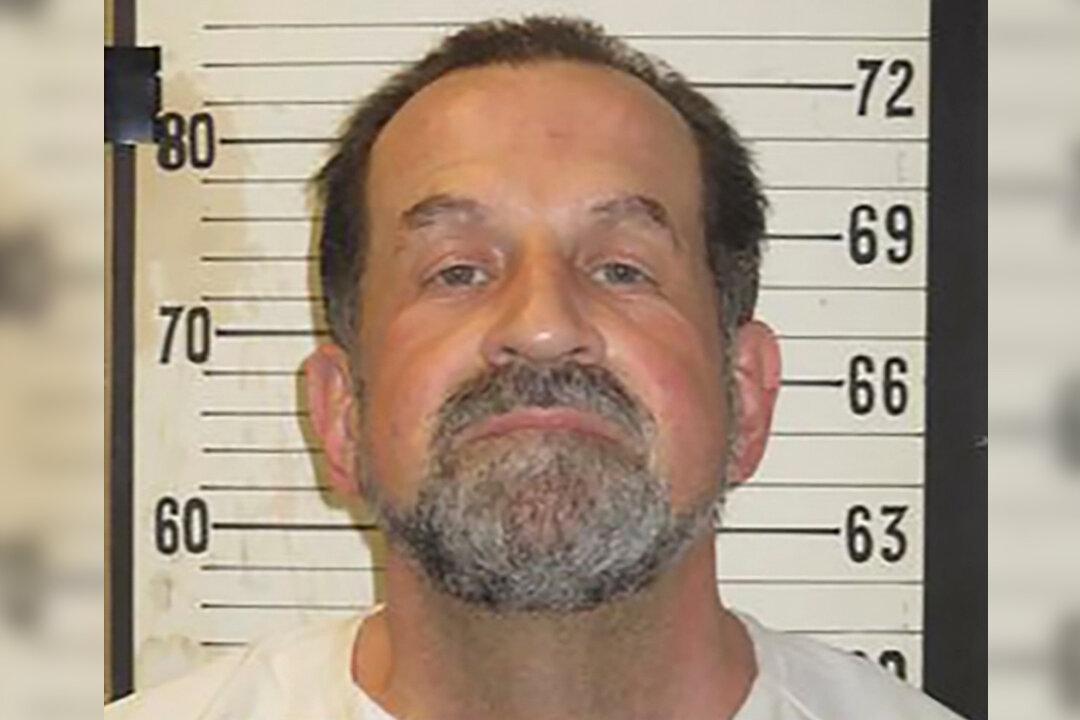A death row inmate convicted more than three decades ago of stabbing a fellow prisoner to death over a drug deal gone bad was executed in the electric chair in Tennessee on Feb. 20.
Nicholas Sutton, 58, was pronounced dead at 7:26 p.m. at the Riverbend Maximum Security Institution in Nashville.




